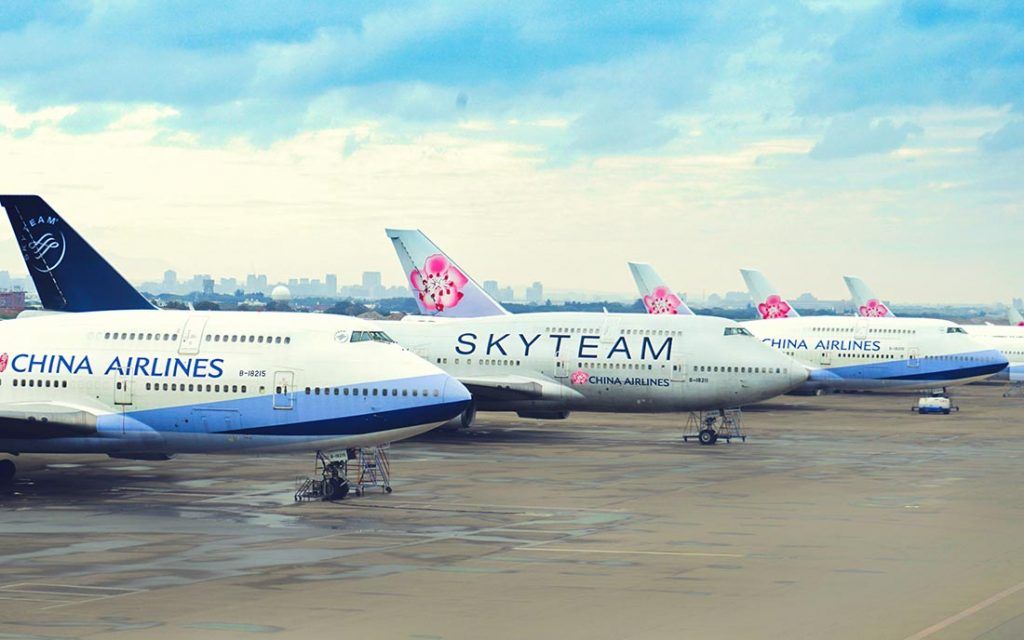As part of the global impact of Covid-19, the planet’s economy contracted 3.4% in 2020 and affected all indicators related to civil aviation.
On the one hand, air passenger traffic registered a year-on-year reduction of 60% (both international and national), according to ICAO.
In a year marked by the Covid-19 pandemic, the global economy contracted as governments imposed restrictions to stop the spread of the disease.
Thus, world GDP had the most serious deceleration since World War II, after growing 2.9% in 2019.
These developments were met with unprecedented fiscal and monetary support.
Another global impact of Covid-19, according to the ACI, was an estimated loss of approximately 64.6% of passenger traffic and 66.3% or more than $ 125 billion airport revenue in 2020 compared to business as usual.
In addition, there was a 65.9% decrease in revenue per passenger-kilometers (RPK, both international and domestic) in 2020 compared to 2019, according to IATA data.
UNWTO statistics show that there was a decrease in international tourism receipts of 1.3 trillion in 2020, compared to the 1.5 trillion generated in 2019.
Global impact of Covid-19
The WTO reported that there was a drop in the volume of world merchandise trade by 5.3% in 2020 compared to 2019.
Covid-19, a disease caused by a new strain of coronavirus, has spread globally, with the World Health Organization declaring the outbreak a pandemic on March 13, 2020.
In addition, the pandemic has caused significant economic effects and financial disruption around the world.
Global impact of Covid-19 has evolved rapidly and, as the pandemic has spread, many countries have instituted quarantines, travel restrictions, “social distancing” rules, “non-essential” business restrictions, and / or disruption of construction projects.
The outbreak of the pandemic has severely affected global economic activities, causing significant volatility and negative pressure on financial markets.
![]()

